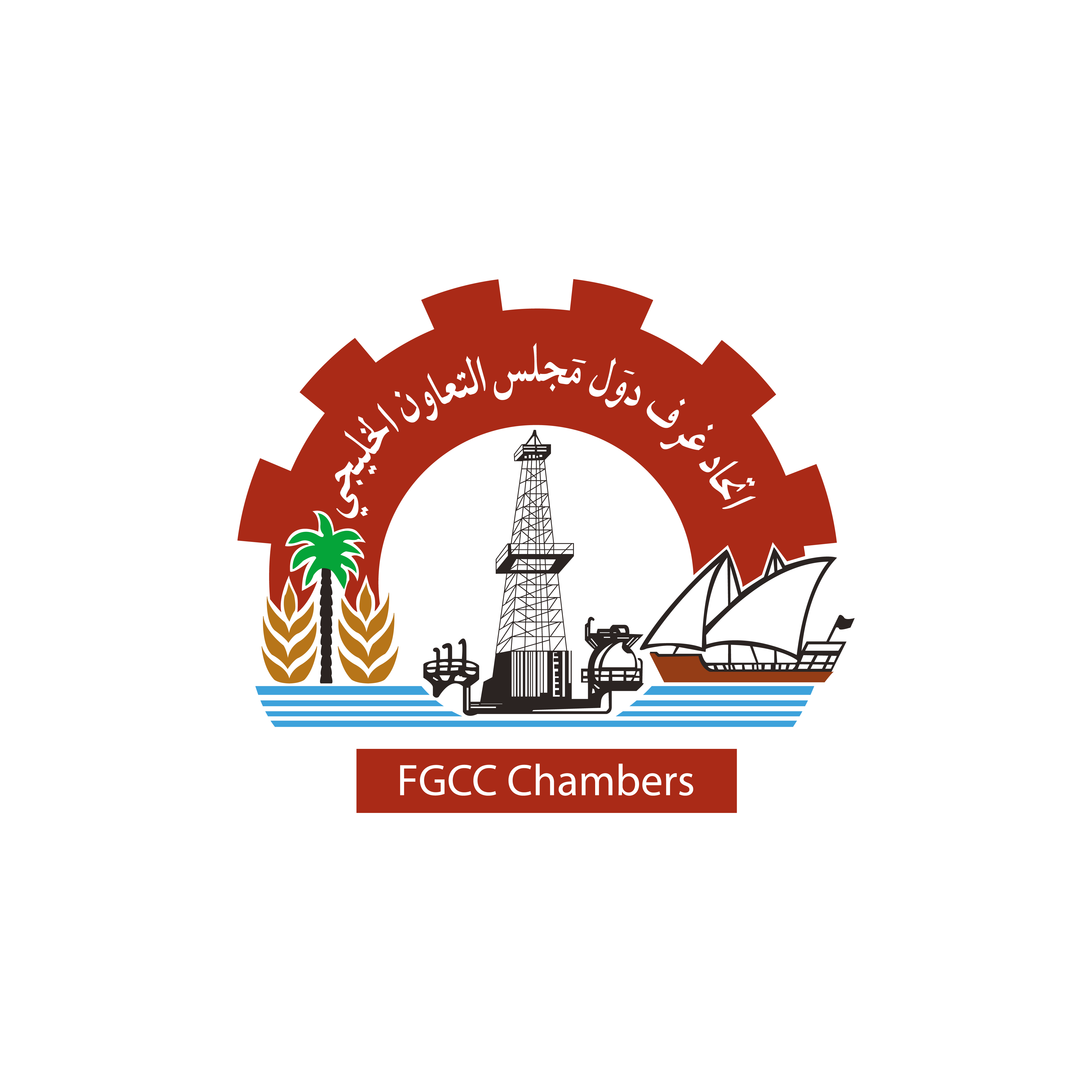DAVOS: Saudi Arabia’s finance minister on Wednesday said that the recent International Monetary Fund downgrading of its growth projection for the Kingdom’s economy for the year ahead did not paint the full picture.
Speaking on a panel at the annual meeting of the World Economic Forum in Davos, Mohammed Al-Jadaan said that it was important not to look just at gross domestic product but at other indicators as wel
The IMF revised Saudi Arabia’s 2025 GDP growth projection down to 3.3 percent, citing the impact of extended oil production cuts.
Saudi Arabia’s commitment to economic diversification under Vision 2030 was driving steady growth, with the Kingdom prioritizing its non-oil GDP over traditional oil revenues.
“The whole idea of Vision 2030 is to diversify our economy. So our focus is really the non-oil GDP, and non-oil GDP has been growing very healthily over the last few years,” he said.
Al-Jadaan underscored the significance of private-sector confidence, pointing to a sharp rise in private-sector investment as a percentage of GDP — from 16–17 percent a few years ago to 24 percent today.
“That 50 percent increase is not easy. Ask any economist, and they will tell you it requires significant structural change, and it is happening in Saudi Arabia,” he said.
Saudi Arabia had also made strategic decisions to contain oil production despite having significant spare capacity. “We can produce 1,000,000 barrels more per day and we will have the highest-growing GDP in the world, but how is this helpful? It isn’t, actually,” Al-Jadaan said.
“We need to be very careful when we look at GDP as a measure for growth because you need to look at other indicators,” he added.
With unemployment rates at historic lows and the private-sector thriving, Saudi Arabia continued to make “tough, difficult decisions” to sustain long-term growth. “If you want to see it, you will need to make tough decisions,” Al-Jadaan said.
Al-Jadaan also highlighted the role artificial intelligence could play in this diversification of the economy, saying in the future that the Kingdom could be exporting data instead of oil.
“I think AI is a trendy term, but if we are not careful we could be left behind,” he said. “We need to think: Where is our competitive advantage within the value chain of AI?”
To build the necessary infrastructure for AI, significant amounts of energy, particularly clean and renewable energy, were required, he said. This effort also demanded substantial land for renewable projects, robust fiber-optic networks and a skilled workforce.
According to Al-Jadaan, Saudi Arabia’s competitive edge lies in its ability to produce the world’s cheapest solar power, its government’s agile and supportive policies allowing quick licensing and approvals, and the Kingdom’s plans to implement regulatory measures that treat data centers with the same protections as embassies, ensuring robust security and compliance with international standards.
He also highlighted that Saudi Arabia was a world leader in government cybersecurity, adding that it was “handled, operated, managed, programmed and coded 100 percent by Saudi talent.”
Discussing the broader Middle East and North Africa region, which is projected to rebound from a growth rate of 2 percent in 2024 to 3.5 percent in 2025, according to IMF projections, Al-Jadaan said that he was optimistic about the region’s prospects.
He acknowledged its significant challenges, including high youth unemployment and geopolitical crises.
“MENA has possibly the highest youth unemployment in the world, at I think 27, 28 percent. MENA needs to create, according to the IMF, about 30 million new jobs by 2030,” he said.
Despite these challenges, Al-Jadaan highlighted the region’s strengths, including a young, tech-savvy population and abundant natural resources. “If we focus on human capital, if we focus on skilling our people in MENA, I think the potential is absolutely high,” he said.
He also called for regional stability and reform to unlock long-term potential, adding: “With the right ingredients of reforming governments, reforming governance and utilizing technology to our own competitive advantage, I think we’d see a new region.”



